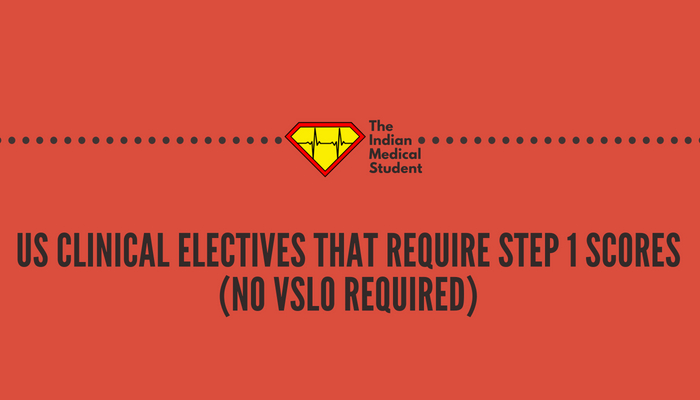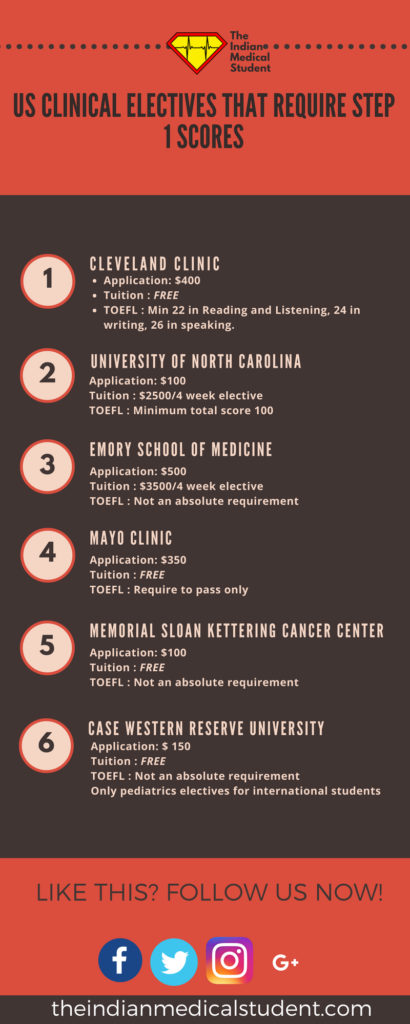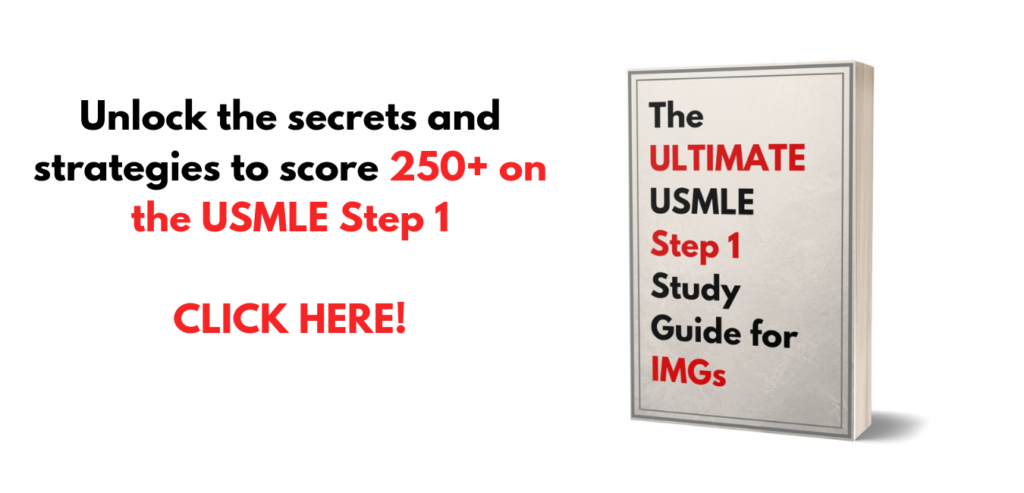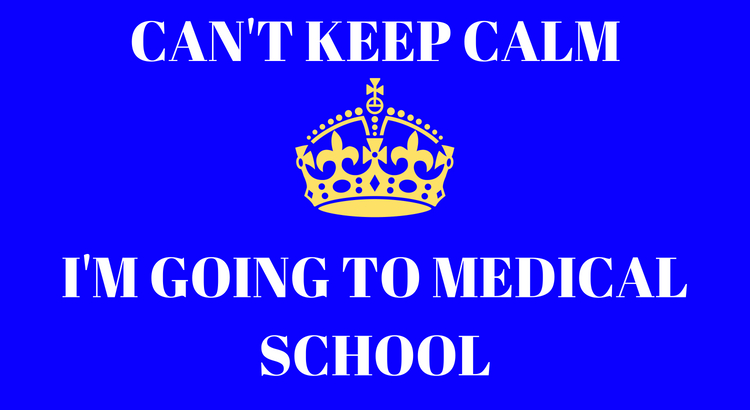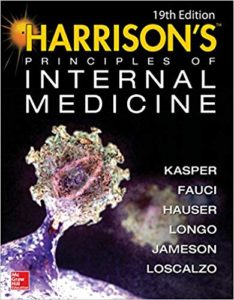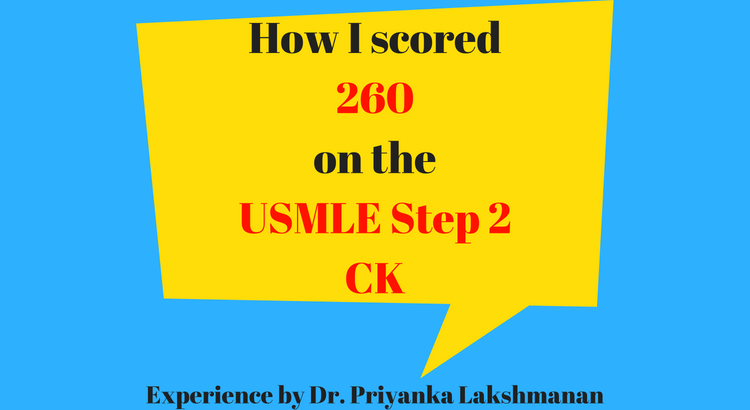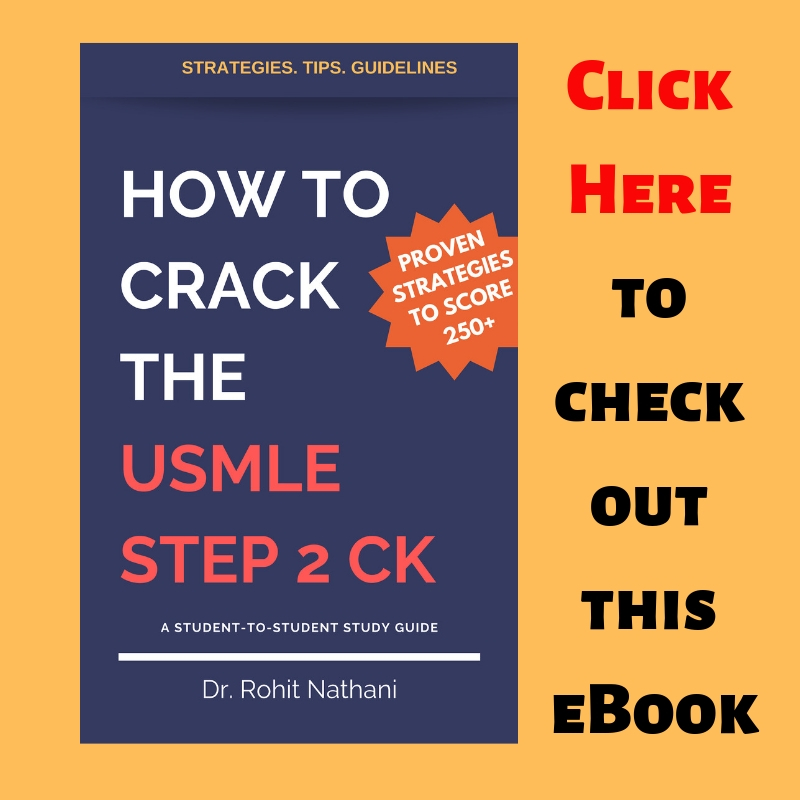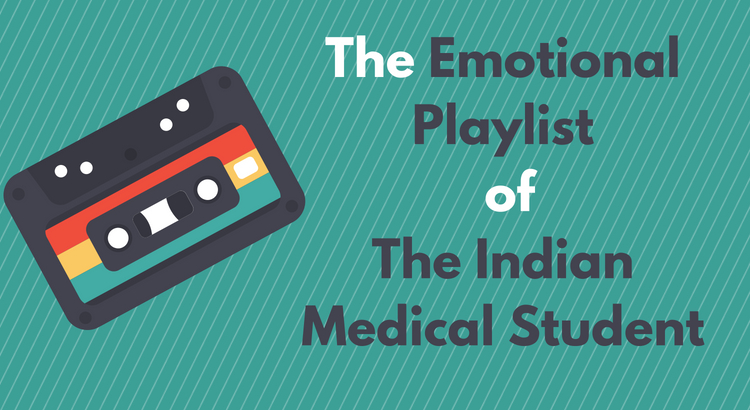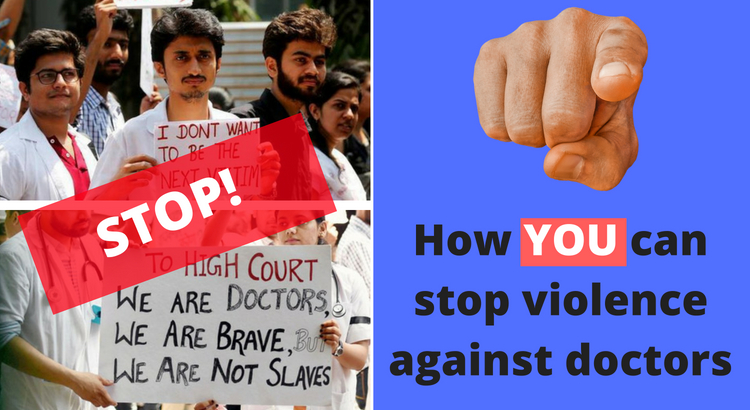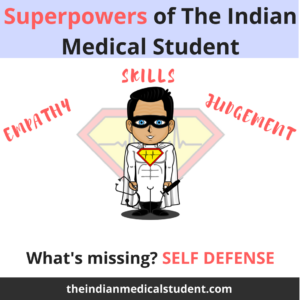Now that you have made up your mind to try clinical research, let’s get started! (Still confused? – check out our article on Why you should do clinical research as a Medical Student)
Warning: Doing clinical research as a medical student is not an easy feat. There are going to be times when you are tired of the process. The paperwork, the permissions, and procedures will drive you crazy. Also, there is bio statistics ahead!! Enter at your own risk! Kidding! It is not all that bad, and it’s worth the grind. So let’s get started.
Think about your interests
If you already have a topic in mind that you want to research about, congratulations! You are one step ahead. If you haven’t thought of anything yet, no problem, go to the next step.
Find a guide (Most important)

Finding an appropriate and interested guide is probably the most crucial step. So, choose wisely. Find out the names of the faculty members who are involved with research and have a large number of publications each year. Whether you have a topic in mind or not, approach this guide.
- Introduce yourself and tell them why you want to do clinical research.
- Be upfront. If it is for your CV, tell them!
- If you haven’t thought of a topic yourself, ask your guide if they have something in mind.
- Joining in existing research is always a good option because it gives you the confidence of doing something on your own.
- Sort out the authorship from the very start. If you need to be the “first author” on the paper, let them know at the very start – Before you start any work.
Once you have all the details worked out with the guide, they will guide you through the rest of the process. That’s why this is the most critical step.
Steps in doing a research project
1.Drafting a protocol
The protocol is an outline if the research that you want to do. It includes an introduction, objectives, inclusion/ exclusion criteria, etc.
2.Obtaining Ethics approval
Having an approval of your protocol from an ethics committee adds much value to your research. Most big institutions have an independent ethics committee. Ask your guide.
3.Data collection
Once you have ethics approval, you can begin with the data collection. This step is a tiresome and tedious process but should be done meticulously to easy the further steps.
4.Analysis
 Here’s where the bio statistics kicks in! Hate stats? Don’t worry. You can always outsource a bio statistician. However, we recommend doing it on your own because you gain experience. Learn the basic tests and formula of bio stats. These can be easily found on Microsoft Excel. Use software for your bio stats. Do not go stone age with a paper and calculator! You won’t finish it in this lifetime.
Here’s where the bio statistics kicks in! Hate stats? Don’t worry. You can always outsource a bio statistician. However, we recommend doing it on your own because you gain experience. Learn the basic tests and formula of bio stats. These can be easily found on Microsoft Excel. Use software for your bio stats. Do not go stone age with a paper and calculator! You won’t finish it in this lifetime.
5.Writing
Now that you have all the stuff that you need, you can begin writing your paper. Go through already published papers. You can find a whole bunch of them on PubMed. See the general pattern in which papers are written and pay attention to the language used.
Keep it easy. Keep it simple.
How do I Present?
 There are many conferences both national and international. Google conferences and you will find a list. Look for the ones that accept articles from medical students. Presenting your research before sending it to a journal is always a good idea because you are presenting it to your colleagues. Their criticism and questions only help your research better and more complete.
There are many conferences both national and international. Google conferences and you will find a list. Look for the ones that accept articles from medical students. Presenting your research before sending it to a journal is always a good idea because you are presenting it to your colleagues. Their criticism and questions only help your research better and more complete.
How do I Publish?
As always, ASK YOUR GUIDE. Guides are experienced and know which journals will accept which type of research. You can also do an independent Google search and find journals online. Publishing in international journals is always better.
Be ready to have your research rejected by a few journals until it is finally accepted. Remember, it is part of the process.
The road from starting any research to finally getting it published is difficult. There is no denying that fact. However, seeing your name on the published manuscript and having people citing the article gives you a sense of accomplishment. A sense of accomplishment that you may not even get from clinical medicine, because your research may be the deciding factor in guidelines regarding patient care in the future.
Through your research journey as a medical student, we urge you to stay as true to your protocol as possible. Do NOT try to manipulate/ forge results as they will only decrease your credibility as a researcher. The joy you get from being true to your research is in fact true joy!
This article has been written by Dr. Rohit Nathani who is an intern at Seth GS Medical College and KEM Hospital, Mumbai, India. He has been actively engaged in clinical research with publications as well as international presentations. You can ask him any questions related to clinical research in the comments section below.
We would love to know your research stories or experiences about conferences you have presented at. Head to our contribute page and stand a chance to get your post featured on our website!


 The number 1 reason why most medical students think about doing research is to have something on their CV. Be it for your residency application abroad or a job interview, (published) research makes your CV stand out from the rest of the herd. Doing research shows that you are passionate about this subject and are willing to go that extra step even when it is not expected out of you.
The number 1 reason why most medical students think about doing research is to have something on their CV. Be it for your residency application abroad or a job interview, (published) research makes your CV stand out from the rest of the herd. Doing research shows that you are passionate about this subject and are willing to go that extra step even when it is not expected out of you. There are several government and private scholarship opportunities available for medical students who conduct research. The government encourages research because when you do quality work, you become your country’s pride.
There are several government and private scholarship opportunities available for medical students who conduct research. The government encourages research because when you do quality work, you become your country’s pride.